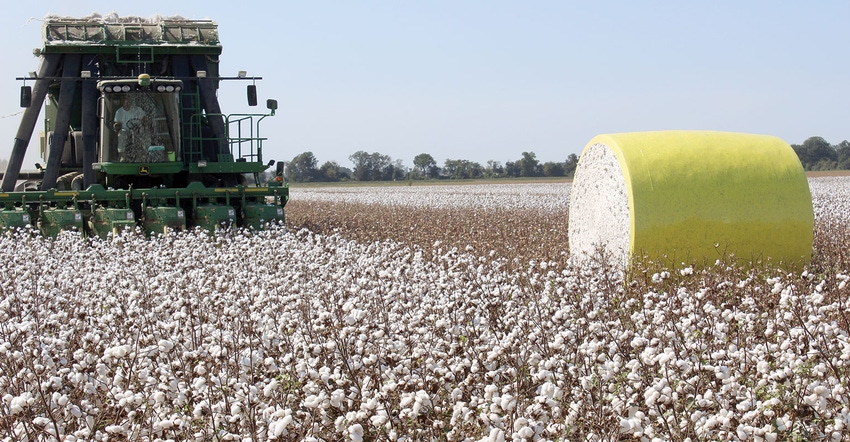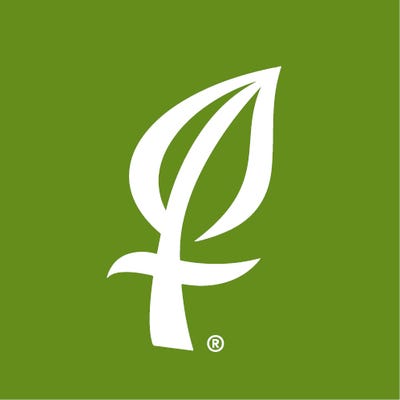July 15, 2019

The National Cotton Council-appointed Cotton USA Sustainability Task Force has taken an important next step toward establishing a program designed to confirm and increase global awareness that U.S. cotton producers farm responsibly and are striving for continuous improvement each day.
A pilot of the U.S. Cotton Trust Protocol program, being managed by Protocol Executive Director Ken Burton, will soon begin enrolling NCC producer members. A stakeholder board of directors will also be appointed in preparation for the full Protocol implementation slated for 2020.
“Groups and organizations like gins, merchants, and marketing cooperatives are being asked to assist in recruiting producer participants and to help verify information obtained through the Protocol,” says Burton. “The collected information will be confidential and continuously reviewed, and participating producers will be able to monitor their sustainability progress as it compares to other operations in their region and/or across the entire Cotton Belt.”
The Protocol was developed to help the U.S. cotton producer segment reduce its environmental footprint through specifically established goals by 2025. “We are striving to increase our farming productivity (reduced land use per pound of fiber produced) by 13 percent and to increase our irrigation efficiency by 18 percent,” says NCC Chairman Mike Tate. “We also want to reduce our greenhouse gas emissions by 39 percent, while increasing our soil carbon 30 percent.”
U.S. producers operate under one of the most stringent regulatory environments and possess a nearly four-decade track record of environmental improvement.
“We also want to preserve our farm and our land for future generations,” says Tate. “That’s why we work constantly to become even better stewards of our farming ecosystems through the adoption of new technologies and the use of best management practices.”
A producer’s first step in the voluntary pilot program is a self-assessment process covering a broad range of farm-related categories from soil health, nutrient management, and harvest preparation, to wildlife habitat, fiber quality, and farm management. “Independent verifiers will review enrollees’ answers to ensure Protocol requirements are being met,” says Tate.
Participants will be asked to complete a statement of commitment to responsible production practices, safety environmental awareness, and continuous improvement.
All producers enrolled in the pilot must agree to use the FieldPrint Calculator, or other qualified data product, to monitor their farm for best management practices.
The task force wants this formal data collection, measurement, and verification procedure to enable U.S. cotton from becoming excluded by any of its customers because of sustainability issues. “We want to help the textile mills, brand and retailers meet their sustainability goals by sourcing U.S. cotton,” concludes Tate.
More information on the Protocol, including how to enroll, may be found at https://trustuscotton.org/.
About the Author(s)
You May Also Like






